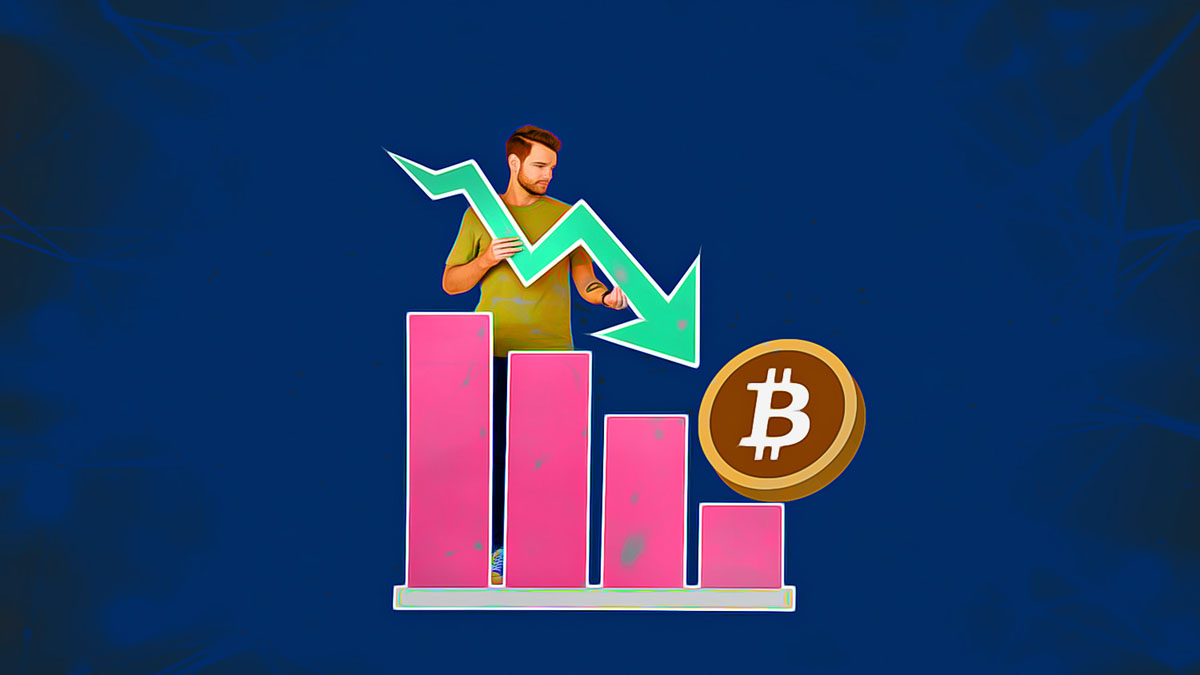President Nayib Bukele of El Salvador announced that from 2025, the country will cease using foreign debt to finance its budget, adopting a Bitcoin-based strategy instead. This move marks a significant step toward financial independence.
Adopting Bitcoin for Financial Freedom
In his Independence Day speech, Bukele stated that external borrowing would be avoided for the 2025 budget. Stacy Herbert, Director of the National Bitcoin Office, highlighted this as progress toward true freedom. Cathie Wood of Ark Invest predicted that using Bitcoin as a reserve could boost GDP tenfold in five years.
Bitcoin Legalization and Mining Initiatives
El Salvador was the first country to adopt Bitcoin as legal tender in September 2021. Since November 2022, the government buys one Bitcoin daily and now holds 5,875 Bitcoins, worth around $345 million. They use geothermal energy from volcanoes for mining, reducing costs and increasing profits.
The government aims to attract foreign investment by leveraging Bitcoin. In June, Bukele proposed private Bitcoin banks to offer investors easier access to the cryptocurrency with fewer restrictions than traditional banks.
Key Outcomes of Bitcoin Strategy
Notable conclusions from El Salvador’s approach include:
- Holding 5,875 Bitcoins with a value of approximately $345 million.
- Lowering mining costs through geothermal energy, enhancing profitability.
- Potential tenfold GDP growth over five years, according to Cathie Wood’s forecast.
- Attracting foreign investors through proposed private Bitcoin banks.
- Mirroring success of major Bitcoin investors like MicroStrategy.
El Salvador’s move away from foreign debt underscores Bitcoin’s impact on national economies. As the country pursues financial autonomy through cryptocurrency, it’s uncertain if others will follow suit.













